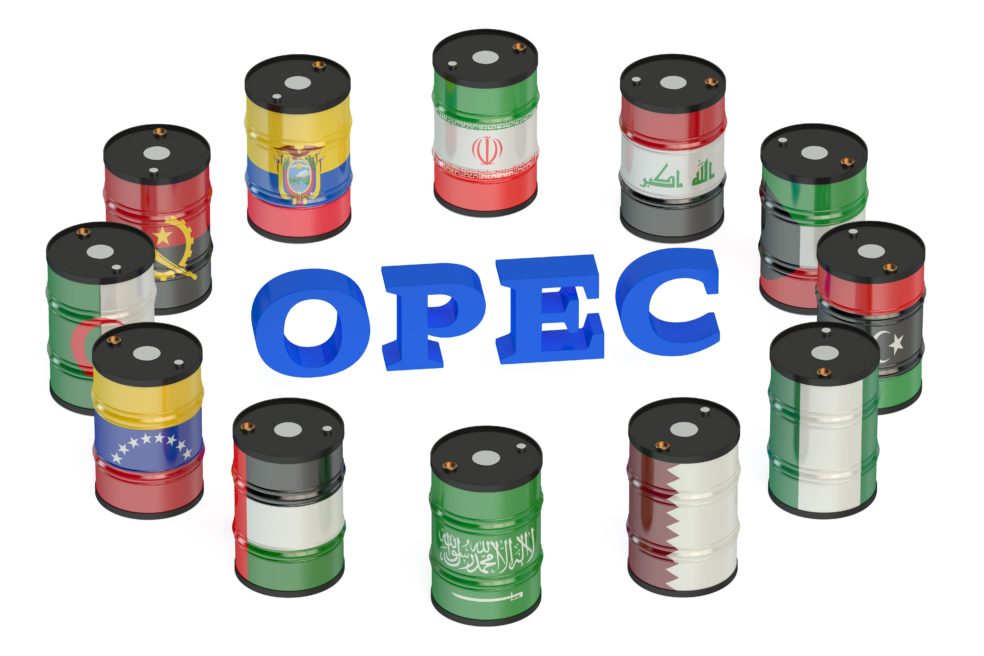Members of the Organisation of Petroleum Exporting Countries (OPEC) and other oil producing countries are in discussion to strike an output-freeze deal next month in Algiers, Algeria as OPEC’s biggest producers are already pumping flat-out, the group’s former president said.
While a similar initiative failed in April, an agreement can now be reached as Saudi Arabia, Iran, Iraq and non-member Russia are producing at, or close to, maximum capacity, Chakib Khelil said in a Bloomberg Television interview. Khelil steered OPEC in 2008, the last time it implemented an output cut, which was announced in Algeria in December of that year. In a separate interview, former Qatari Energy Minister Abdullah bin Hamad al-Attiyah was convinced there is a need for an accord.
“All the conditions are set for an agreement,” Khelil said from Washington. “Probably this is the time because most of the big countries like Russia, Iran, Iraq and Saudi Arabia are reaching their top production level. They have gained the entire market share they could gain.”
While oil prices have advanced since OPEC announced it would hold informal talks in the Algerian capital next month, analysts from UBS Group AG to Commerzbank AG doubt any freeze deal will be completed, and comments from Saudi Arabia and Nigeria have kept expectations low. Talks collapsed in April as Saudi Arabia insisted Iran would have to limit its production, a condition the country rejected as it ramped up exports previously curbed by sanctions.
As producers are almost pumping at full-tilt, the impact of any accord to prevent further increases would essentially be “psychological,” Khelil said. That would nonetheless have a benefit for the market, according to the Algerian, who was also the country’s energy minister from 1999 to 2010. The global crude oversupply is already diminishing, and markets will probably reach “complete equilibrium” next year, Khelil said.
Source: http://thenationonlineng.net

